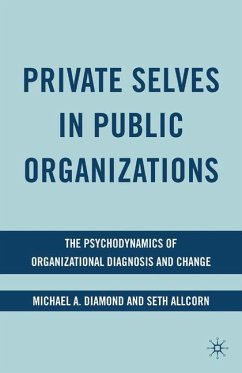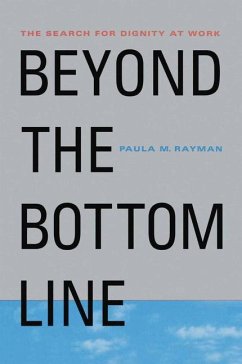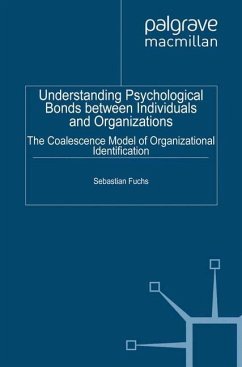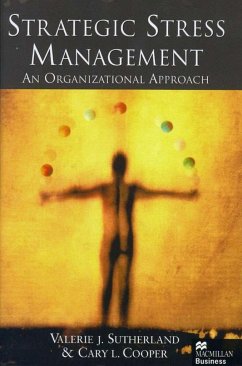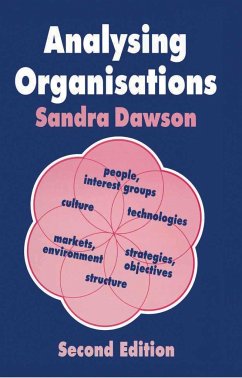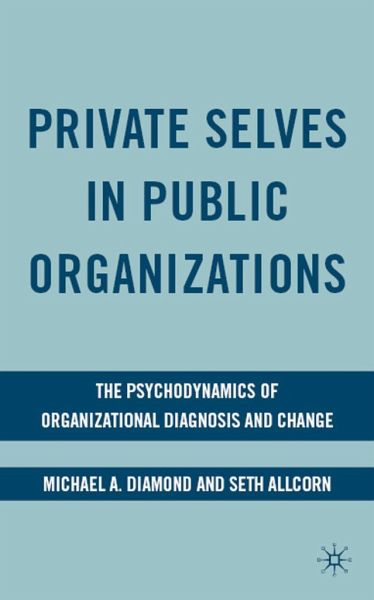
Private Selves in Public Organizations
The Psychodynamics of Organizational Diagnosis and Change
Versandkostenfrei!
Versandfertig in 6-10 Tagen
38,99 €
inkl. MwSt.
Weitere Ausgaben:

PAYBACK Punkte
19 °P sammeln!
This book explores organizations as not simply rational, technological structures and networks for organizing people around tasks and services; it defines organizations as relational, experiential, and perceptual systems.





